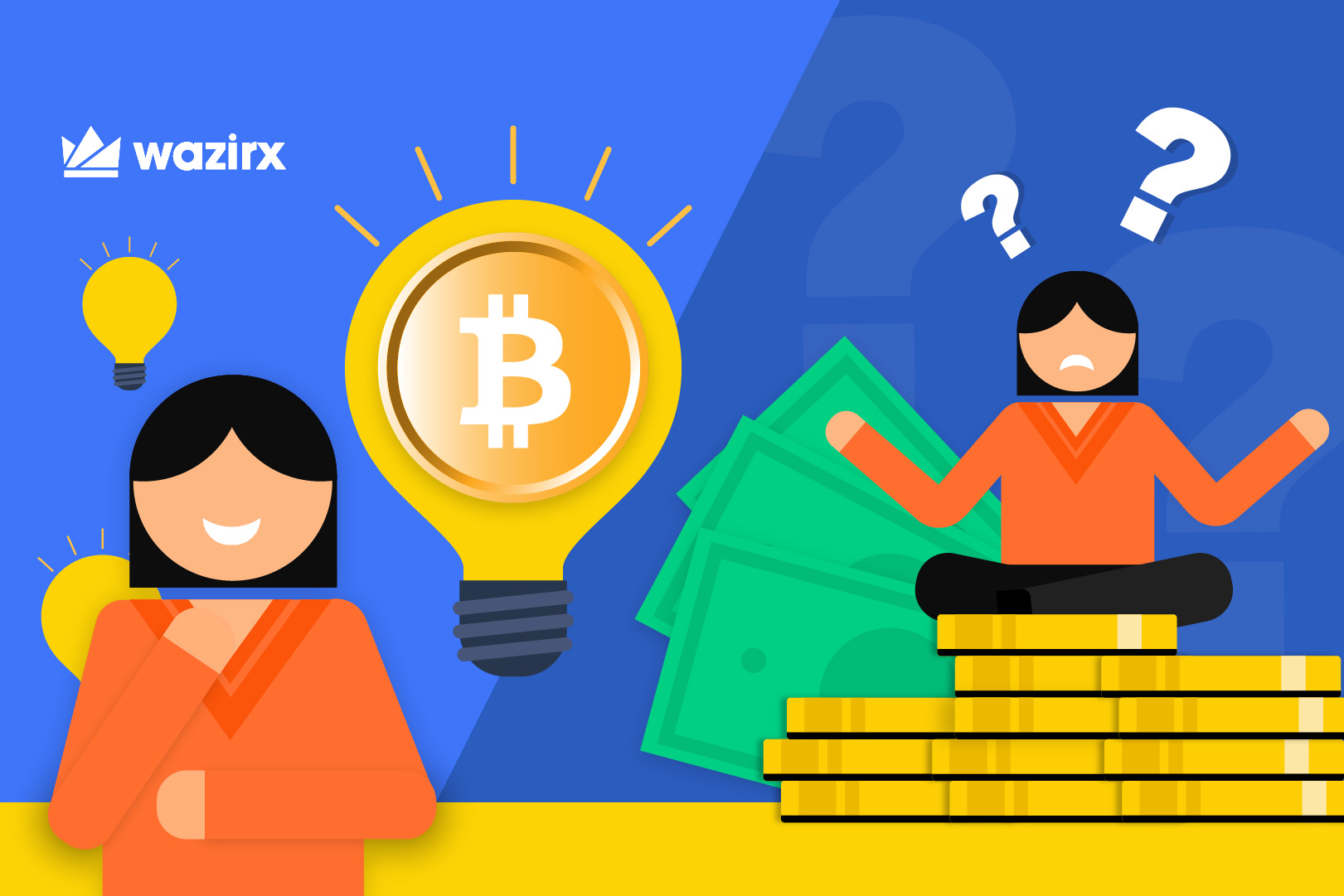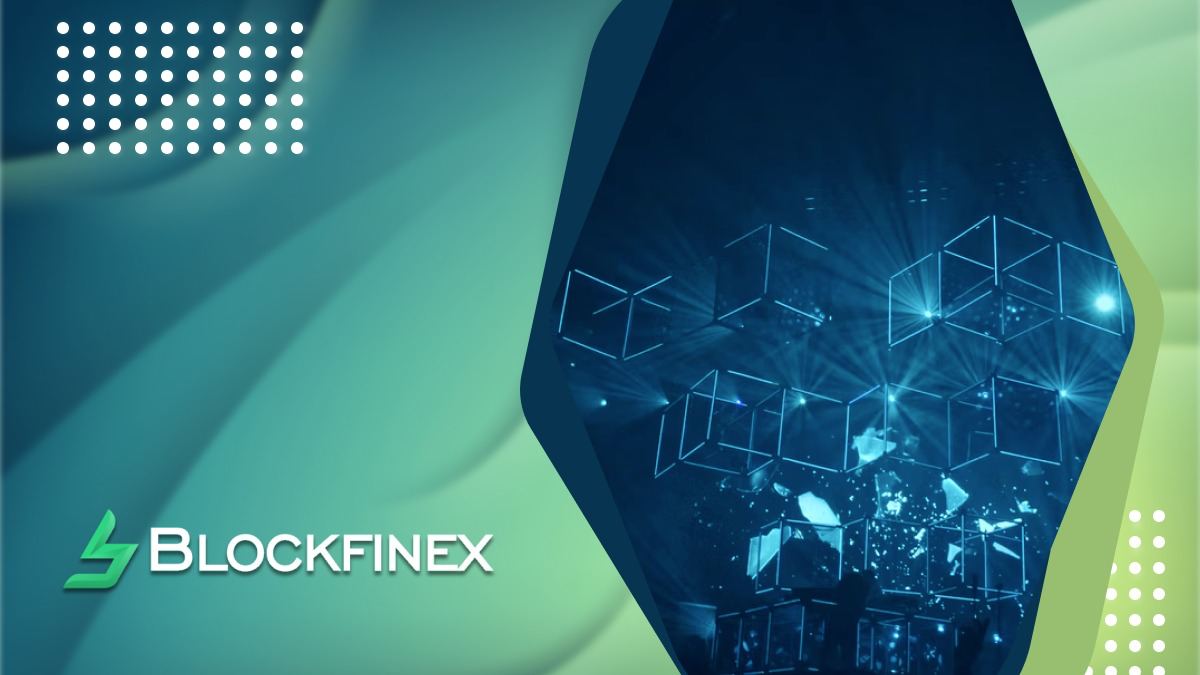[ad_1]
With blockchain technology disrupting and permeating every nook and cranny of the business and tech world, a rapid surge in the number of blockchain startups is being witnessed with each passing year. While you may possess the knack to code brilliantly, publish a whitepaper, or present a breakthrough idea in your pitch deck, raising capital to conceptualize the idea written and coded by you could be considered a hard task.
If you have experience in blockchain technology and possess a great idea, the next obvious step would be to look for avenues to fund your venture. While bootstrapping and financing via family and friends can help the projects when they are just starting, there is a substantial need for capital to fund further stages of the startup. Before you consider embarking on the money-finding journey, we have got a list of probable funding solutions for crypto projects that you can seek to save your day and project. Read on!
Web3 DAOs
There are many DAOs that built web3 projects and are now investing in the ecosystem. These blockchain-based communities bring together the most promising community token projects, often in small cohorts related to the creator economy, the social token, and other crypto spaces. These organizations provide funding to the crypto projects and act as incubators giving DAO members full access to their private events, discord, educational content, and governance while working along with a bunch of talented people.
Some of these DAOs include Venture DAO, Orange DAOxyz, Hyperscale Fund, The LAO Official, SNX Grants, etc. Each of these DAOs has a founding team, investors, and a thriving community that votes on the governance of the DAO. For instance, Seed Club is a DAO that builds and invests in communities and DAOs. Seed Club has backed over 30 projects, including Cabin, Water & Music, Forefront, Poolsuite, etc.
DAOs offer the safest way to collaborate on crypto-based projects being built over the foundations of smart contracts. Smart contracts help in automating transactional processes and reducing human inputs. DAOs could be the biggest blockchain iteration impacting real businesses in the upcoming era of web3.
IDOs
Initial DEX Offering or IDO has become a popular alternative funding route for crypto projects, especially after the notorious 2017 ICO craze, which had widespread instances of scams and rug pulls. A project seeking to fund its operations via an IDO first needs to pass a vetting process before it is accepted to launch an IDO on a DEX such as Balancer, 1inch, PanCakeSwap, UniSwap, etc., or a launchpad such as Seedify, BoostX, GameFi, etc.
IDOs require crypto projects to provide their tokens to a Decentralized Exchange (DEX), where users commit their funds via buying the project’s tokens. The IDO tokens are eligible to be listed and traded on a DEX post the token generation event (TGE).
All the IDO proceedings occur in a secure, automated, and transparent way via smart contracts on the blockchain. Investors who complete certain marketing tasks are whitelisted and eligible to invest in the IDO. In some cases, the investors simply need to provide their wallet addresses as an eligibility requirement.
Some of the biggest IDO funding raised in recent years include Block.One’s $4 billion and Telegram’s $1.7 billion in funds.
VC Funding and Angel Investors for Crypto Projects
One of the most sought-after financing modes, venture capitalist funds are provided by a group of people or individuals seeking a high rate of return and a secured ownership position in the benefitting firm. VC funds are more elemental to the growth of a crypto project during the pre-IDO/ICO stage, though the firm may keep seeking VC funds to expand its operations or meet further objectives.
Usually, institutions and private investors are the main sources of VC. VC firms enter into long-term partnerships with crypto projects and companies while simultaneously helping them with strategic planning, recruitment, marketing, legal stuff, etc.
For any firm seeking VC funds, three basic requirements are necessary – a founding team, a minimum viable product, and customers or market reach. Few names that need a mention here include Digital Currency Group, NGC Ventures, Coinbase Ventures, etc.
Angel Investors are wealthy businesses or well-established firms that provide capital and necessary mentorship during the seed funding stage, taking the business from the idea to the conception stage. Some of the big names in the Angel Investing Domain are Pejman Nozad, Alexis Ohanian, Sandeep Nailwal, Garry Tan, among others.
Accelerators and Incubators for Crypto Projects
Accelerators and incubators are both talked of in almost the same sense but are slightly different from each other. While incubators allow projects to work under them for an open-ended duration, accelerators typically allow a growth-based timeline. Accelerators are cohort-based ecosystems, while incubators allot technical facilities and seed funding.
Both these ecosystems provide training, mentoring, and business support to the projects they select to become a part of them. Blockchain-based incubators are a great support system for startups in their early years, while accelerators help them push their growth up. Some of the major blockchain-based accelerators and incubators include Wayra Al and Blockchain Accelerator, Startupbootcamp – Afritech, Iconic Lab Accelerator, Surge, etc.
Crypto Grants
Blockchain programmers can also receive financial backing via crypto grants. These crypto grants are specific, object-driven, i.e., a platform will give a crypto grant provided the developer helps the platforms in achieving their visions for decentralized, open-source protocols. Grants are non-repayable, i.e., you don’t need to give anything – whether equity or profits – in return.
The projects that receive these grants extend to a wide range of arenas – crypto wallet creation, climate finance, block explorer tools, supply chain modules, layer-2 initiatives, NFT collectibles, etc. Platforms such as Ethereum, Hackernoon, ConsenSys, etc., provide an up-to-date and well-researched list of such available grants for developers and projects to check out.
Some of the well-known crypto grants include:
- Web3: The organization grants the funds to further its goal of adoption and advancement of web3 and decentralized other protocols.
- Ecosystem Support (ESP): Ethereum Foundation’s grant branch, ESP, is an efficient fund that caters to fund requirements based on their specific needs.
- UNICEF Innovation Fund: Members can receive up to $100k equity-free funding from UNICEF’s Ventures team.
Some more ongoing crypto grants programs include Waves Grants Program, ChainLink’s Grant Program, The Stable Fund, ETHPrize, etc.
To grab the right kind of capital inflow, blockchain startups must consider determining and defining:
- The scope of intervention they can afford,
- The amount of capital required,
- Their future roadmap allotment of funds,
- A good team and product or service that stands out from the lot.
The above list is not exhaustive. There are multiple other sources, such as crowdfunding, crypto loans, peer-to-peer lending platforms, that could be other sources of generating capital. Every stage for a crypto project would require capital, but the objectives and requirements would evolve as the startup grows. There is no dearth of funding options for crypto projects, but crypto and blockchain-based startups need to put in their extra effort while seeking capital.
[ad_2]
Source link





